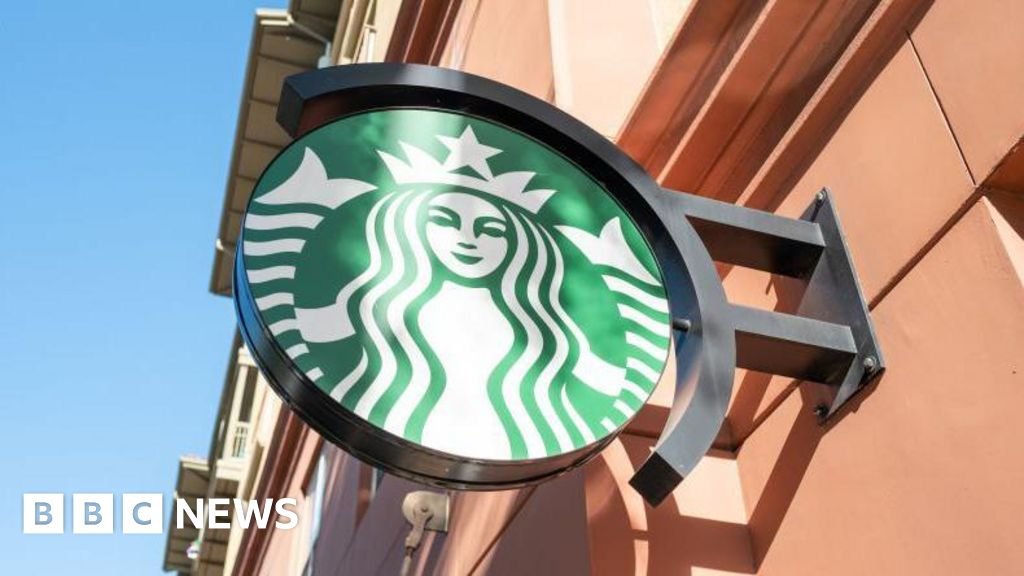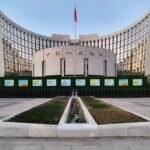A union representing more than 11,000 Starbucks baristas in the US says its members will hold a five-day strike starting Friday morning, in a dispute over pay and working conditions.
Workers United says the walkouts will happen in Los Angeles, Chicago, and Seattle, with strike action set to spread each day and reach hundreds of stores by Christmas Eve unless a deal is reached with the coffee shop giant.
It follows the union calling for Starbucks to raise wages and staffing, as well as implement better schedules for its workers.
“We are ready to continue negotiations to reach agreements. We need the union to return to the table,” a Starbucks spokesperson said in response to the strike announcement.
The company also highlighted that it offers average pay of over $18 an hour, as well as “best-in-class benefits.”
“Taken together they are worth an average of $30 per hour for baristas who work at least 20 hours per week,” it said.
Workers United says it represents workers at more than 500 stores across 45 US states.
“It’s a last resort, but Starbucks has broken its promise to thousands of baristas and left us with no choice,” said Fatemeh Alhadjaboodi, a Starbucks barista from Texas said in a statement sent to the BBC by the union.
Workers United has highlighted what it sees as an unfair pay disparity between its members and senior Starbucks bosses, including chief executive Brian Niccol.
His annual base pay is $1.6m (£1.3m). He could also get a performance-related bonus of as much as $7.2m and up to $23m a year of Starbucks shares.
Starbucks has previously defended the plan, saying that Mr Niccol was “one of the most effective leaders in our industry” and that his compensation was “tied directly to the company’s performance and the shared success of all our stakeholders”.
Mr Niccol joined the company in September after his predecessor Laxman Narasimhan stepped down less than two years in the role.
The world’s biggest coffee shop chain has seen flagging sales as it grappled with a backlash to price increases and boycotts sparked by the Israel-Gaza war.


